Israel and Hamas have agreed to extend their cease-fire for two more days past Monday, raising the prospect of further exchanges of Hamas hostages for Palestinians imprisoned by Israel.
Eleven Israeli women and children freed, entered Israel on Monday night after more than seven weeks in captivity in Gaza in the fourth swap.
This is under the original four-day truce, which began Friday and was due to run out.
Also, Israel released 33 Palestinian prisoners and they arrived in East Jerusalem and West Bank in the early hours of Tuesday.
Palestinians received their loved ones whom Israel had incarcerated for a long period, with loud cheers.
Relatives triggered the warm reception as the bus, convening the freed prisoners, made its way through the streets of Ramallah.
Qatar announced the deal for two additional days of cease-fire, raising hopes for further extensions, which also allow more aid into Gaza.
Conditions in Gaza have remained dire for 2.3 million Palestinians, battered by weeks of Israeli bombardment and a ground offensive.
The war had driven three-quarters of the population from their homes.
Israel said it would extend the cease-fire by one day for every 10 additional hostages released.
After Qatari’s announcement, along with the U.S. and Egypt, Hamas confirmed it agreement to a two-day extension “under the same terms”.
But Israel says it remains committed to crushing Hamas’ military capabilities and ending its 16-year rule over Gaza after its Oct. 7 attack into southern Israel.
That would likely mean expanding a ground offensive from devastated northern Gaza to the south.
Monday’s releases bring to 51 the number of Israelis freed under the truce, along with 19 hostages of other nationalities.
Read Related News:
Israeli tanks: Medics evacuate premature Gaza babies to Egypt
So far, 150 Palestinians have regained freedom from Israeli prisons.
After weeks of national trauma over the roughly 240 people abducted by Hamas, scenes of the women and children reuniting with families have rallied Israelis behind calls to return those who remain in captivity.
“We can get all hostages back home. We have to keep pushing,” two relatives of Abigail Edan, a 4-year-old girl and dual Israeli-American citizen, released on Sunday, said in a statement.
Hamas and other freedom fighters could still be holding up to 175 hostages, enough to potentially extend the cease-fire for two and a half weeks.
But those include a number of soldiers, and Hamas is likely to make much greater demands for their release.
Fourth Release
The newly released hostages included three women and nine children.
These included three-year-old twin girls and their mother, from the kibbutz Nir Oz, a community near Gaza that was hard hit in Hamas’ Oct. 7 attack.
The kibbutz said 49 of its residents remain in captivity, including the father of the twins.
The Israeli military said on Monday that the hostages were undergoing initial medical checks in Israel before being reunited with their families.
Respite In Gaza
More than 13,300 Palestinians have been killed since the war began. Roughly two-thirds of them were women and minors, according to the Health Ministry in Hamas-ruled Gaza.
The ministry does not differentiate between civilians and combatants.
Also Read:
Arab, Muslim leaders demand end to Gaza war
On the Israeli side, more than 1,200 people have died, mostly civilians killed in the initial attack. At least 77 soldiers have died in Israel’s ground offensive.
The calm from the truce allowed glimpses of the destruction wreaked by weeks of Israeli bombardment that levelled entire neighbourhoods.
Footage showed a complex of several dozen multistory residential buildings pummeled into a landscape of wreckage in the northern town of Beit Hanoun.
Israeli airstrikes have destroyed or severely damaged nearly every building, some reduced to concrete frames half-slumped over.
At a nearby U.N. school, the buildings were intact but partially burned and riddled with holes.
The Israeli assault has driven three-quarters of Gaza’s population from their homes. Now, most of its 2.3 million people are crowded into the south.
More than one million are living in U.N. shelters. The Israeli military has barred hundreds of thousands of Palestinians who fled south from returning north.
Rain and wind added to the hardship of displaced Palestinians sheltering in the compound of Al-Aqsa Hospital in central Gaza.
Palestinians in coats baked flatbreads over a makeshift fire among tents set up on the muddy grounds.
Alaa Mansour said the conditions are simply horrendous. “My clothes are all wet and I am unable to change them,” disabled Mansour said.
“I have not drunk water for two days and there’s no bathroom to use.” (AP News)
Do you have a flair for Citizenship Journalism? Share story(ies) of happenings in your area with The NewsZenith on WhatsApp: 08033668669 or thenewszenith@gmail.com

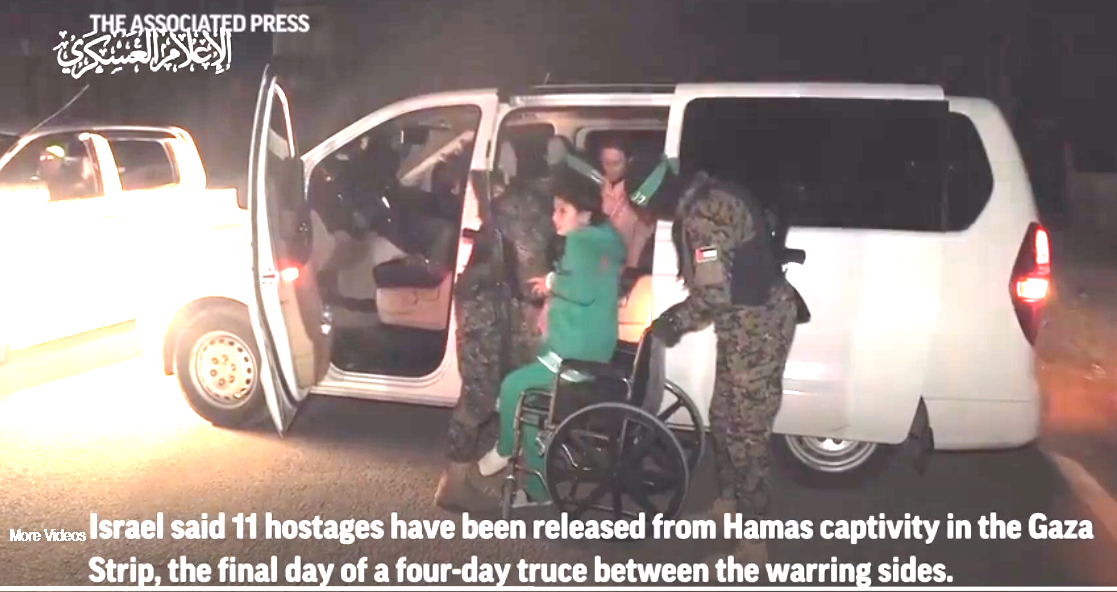
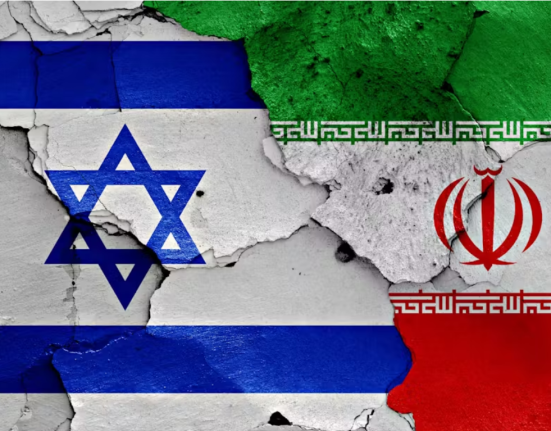
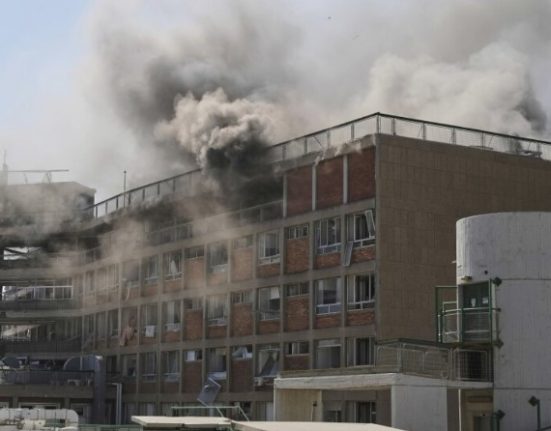
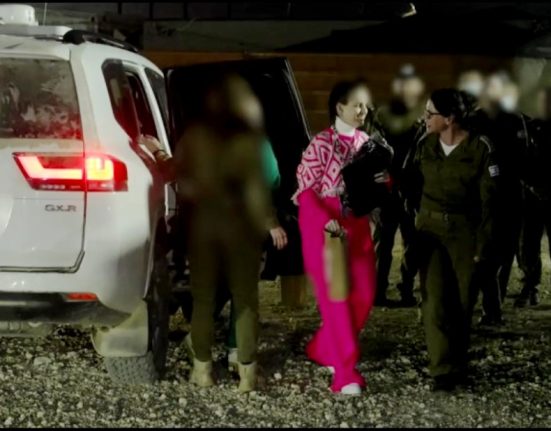
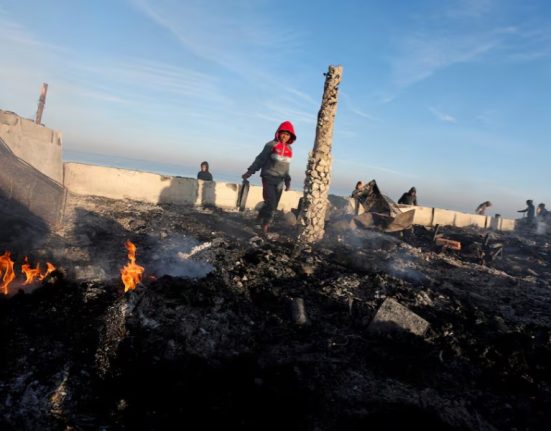
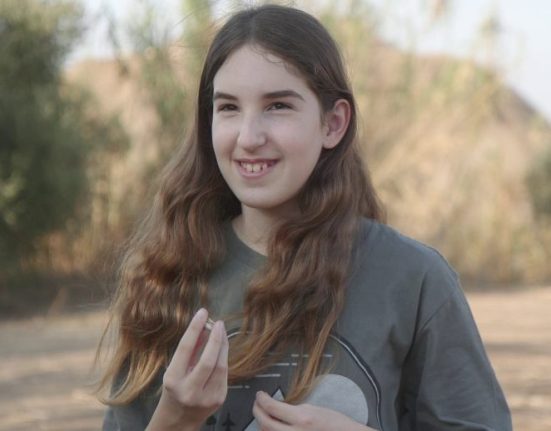
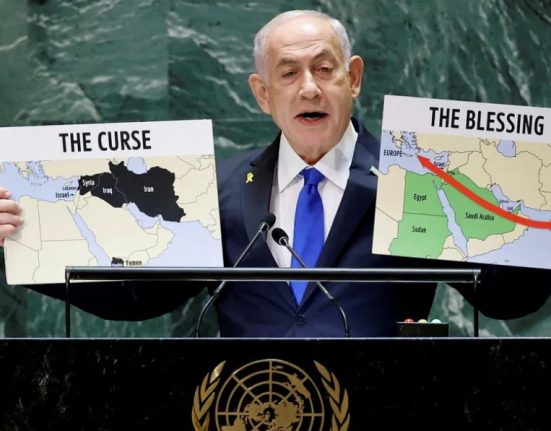
1 Comment